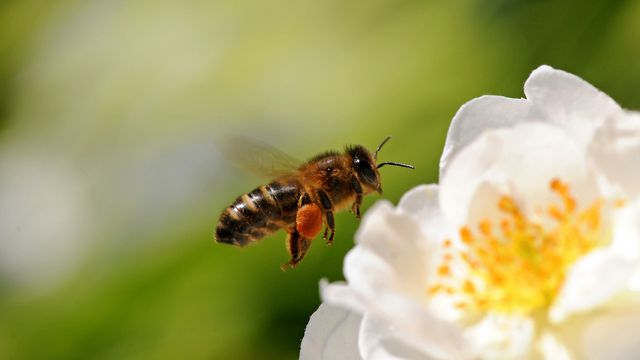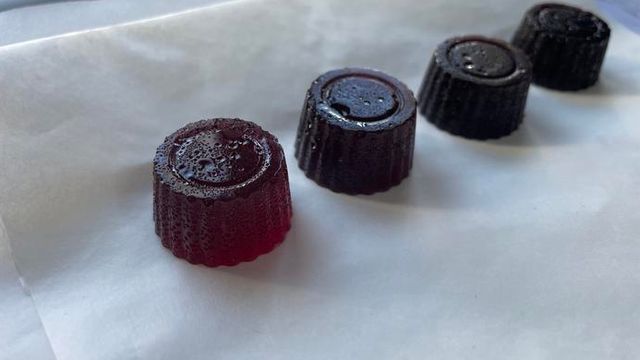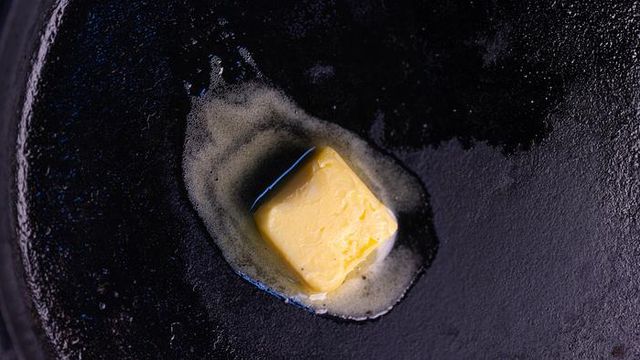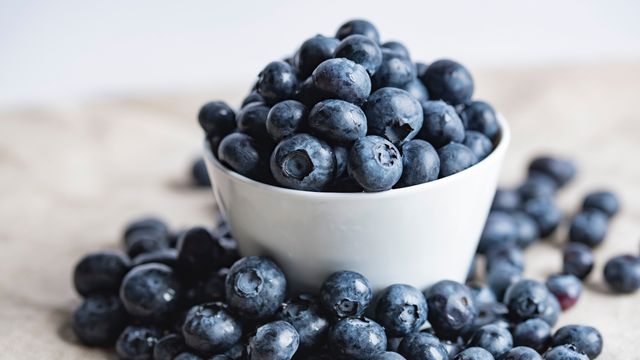
Latest Content

News
Bumblebees Can’t Taste Pesticides in Their Nectar
In a behavioral experiment, bees consumed the same amount of food, regardless of whether the solution contained pesticides or not, even when the pesticides were at concentrations high enough to “make the bees very ill.”

News
Researchers Turn the Dregs of Wine Into Jelly Sweets
Researchers in Turkey have demonstrated how a waste product of wineries can be reused as an ingredient in gelatine-based sweets.

News
Lightning Is the Leading Cause of Fires in Boreal Forests
Researchers have documented that lightning – not human activity – is the dominant cause of wildfires in boreal forests.

News
New Device Can "Smell" Sea Sponges
With the help of a new device, the In Situ Marine moleculE Logger, or I-SMEL, researchers at Station Marine d’Endoume, Marseille, have been able to collect sea sponge compounds with newfound ease.

News
Synthetic Fats Could Reduce Palm Oil Reliance
Researchers posit that swapping out palm oil for synthetic fats could save the world millions of tons of carbon emissions per year.

News
Most Plant Rewilding Efforts Fail To Control Herbivores
According to the analysis, herbivorous creatures living near rewilding sites reduced vegetation abundance by 89%, on average.

News
Cigarette-Style Packaging Warnings Could Help Cut Meat Consumption
Participants in the research were between 7-10% less likely to purchase meat products if they came with bold warning labels, similar to the kind used in cigarette packaging.

News
Soybean Production and Pesticides Linked to Childhood Leukemia Deaths in Brazil
The high quantities of pesticides used on the soybean crops are thought to be responsible for the country's rising rates of childhood cancers.

News
Underwater Robot Reveals New Details of Antarctic Ice Crevasses
Under the direction of a Cornell-led research team, the robot has meandered through the many crevasses below Antarctica, scanning the slopes of ice and examining water conditions along the way.

News
Sunflower Extract Can Protect Blueberries From Mold
Researchers from the University of Chinese Academy of Sciences, Beijing, demonstrated that several compounds extracted from sunflower stems can fight against Botrytis cinerea, a mold that often grows over picked berries.
Advertisement



